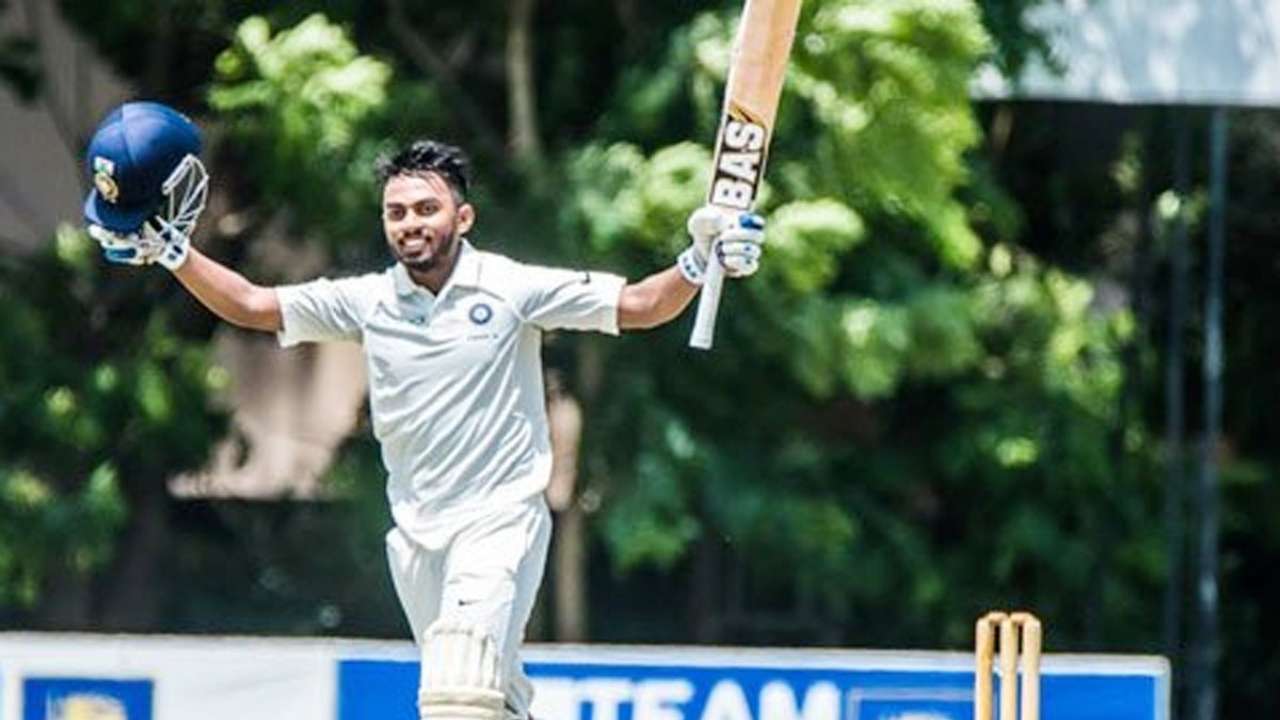
- Select a language for the TTS:
- UK English Female
- UK English Male
- US English Female
- US English Male
- Australian Female
- Australian Male
- Language selected: (auto detect) - EN
Play all audios:
Ukraine, newly independent from Russia after centuries of domination, fears for its future security at the hands of its giant neighbor. President Leonid Kravchuk, who is scheduled to meet
with President Bush in Washington this week, says he wants a Western security guarantee, either through Ukrainian membership in NATO or by a unilateral U.S. commitment. Secretary of State
James A. Baker III quickly, and rightly, rejected the latter half of that proposal. The United States may be the only effective superpower still in business, but its writ does not run to
offering military protection where no American vital interests are at stake. Kravchuk’s implicit effort to hold the nuclear weapons still on Ukrainian soil hostage to a security guarantee
must also be firmly rejected. Washington and its allies--to say nothing of Russia--want Ukraine out of the nuclear weapons game as soon as possible. Kravchuk demands at least joint control
with Moscow over the 176 intercontinental missiles on Ukraine’s soil until all are returned to Russia for scheduled destruction by 1994, including an equal voice in negotiating their status.
What Kravchuk says in so many words is, give us a security guarantee and we’ll be flexible on nuclear missiles. This is an extortionate price to demand. Ukraine of course has legitimate
worries about its relations with Russia. For one thing there’s the Crimean Peninsula, annexed (from Turkish rule) to Russia more than 200 years ago, but in 1954 turned over to Ukraine by
Moscow and now demanded back by Russian nationalists. The active agitation for independence of the 1 million Russians living in the Crimea could produce the sparks to set off a major
conflict. Outsiders aren’t notably successful when it comes to resolving ethnic territorial conflicts. The West has reason to be concerned about a possible destabilizing Russia-Ukraine
conflict, but it would gain nothing by taking sides in this tangled argument. At the same time the legitimacy of Ukrainian security worries in the light of past history must be recognized.
Here is another case where the best international mechanism for addressing those worries remains the United Nations. MORE TO READ










